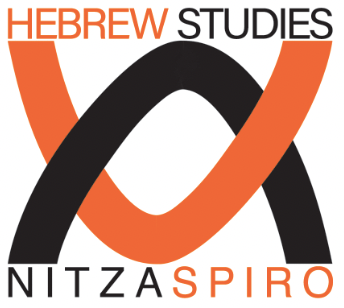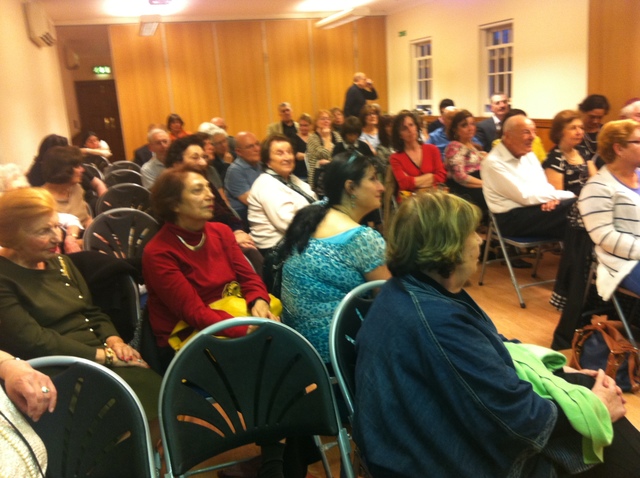Following the very successful event of the screening of the film Iraq 'n Roll (collaboration between Spiro Ark and Harif), the discussion and the nostalgic memories that followed, we have thought it would be good for those who missed it to have a brief description of the film.
The screening was followed by violin concert played brilliantly by Taher Barakat which created a passionate sing-along of nostalgic memories, music, language and life.
Written by Lyn Julius (Harif)
There is a saying, 'What is bred in the bone will come out in the flesh'.
The great Iraqi-Jewish musicians Saleh and Daoud al-Kuwaity forbade their children from following in their musical footsteps. They had had a glittering career in Iraq, where they had played for the king himself; their greatest fan was the Emir of Kuwait, in whose honour they named themselves. But the Al-Kuwaity brothers lost everything when they fled Iraq for Israel. Music was no way to earn a living, and they would never wish their pain on their own family.
But try as you might to suppress nature, it has a way of catching up with you. Would the Al-Kuwaity brothers have been upset, disappointed, or secretly proud, that Daoud's grandson Dudu Tassa is now a successful rock musician? Gili Gaon's film 'Iraq N' Roll, presented by Spiro Ark, Harif and Hampstead Garden Suburb synagogue on 11 July, is a fascinating exploration of his grandfather and great uncle's musical legacy by Dudu Tassa. Out of this musical journey, Dudu Tassa fashioned an intriguing blend of rock, jazz and traditional Iraqi 'maqam' - traditional musical scales.
The film shows Dudu discussing his grandfather and great-uncle with his mother and aunts while they are making kubbeh meatballs in the kitchen. Dudu retrieves the brothers' greatest hits from the archives of the Arabic service of the Israel Broadcast Authority. The tunes are alien to his western ear; for him it's rather like listening to a girl speaking French. But by the end of the film, they have become an integral and enriching part of Tassa's identity. Yair Dalal, the doyen of Iraqi-Jewish music in Israel, is moved to tears: without understanding one's cultural past, there can be no future, he tells Dudu.
Dudu bridges the gap between old and new by inviting his mother to sing on his new album, a synthesis of maqam and rock. He also asks Albert Elias, one of the few remaining oriental musicians of his grandfather's generation, to add his flute-playing to the soundtrack. But Elias puts his headphones on the wrong way around, and cannot comprehend the modern habit of repeated takes and technical enhancement. The Al-Kuwaitys would have got the music right first time! There is an endearing moment when just before his recording take, Elias combs his hair in the studio, as he would have done before performing live on stage.
But the heroine of the film is Dudu Tassa's mother, whose bred-in-the-bone musical talent has all her life been suppressed. Now Mrs Tassa has a chance to show what she can do - defying all expectations by revealing her singing talents at her son's concert. It's a wonderful moment. What would Daoud have said?




